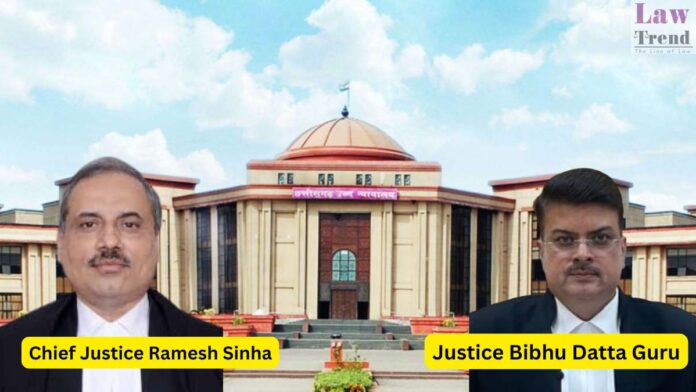Reaffirming the cardinal principle that a subject cannot be taxed unless the charging provision clearly imposes the obligation, the High Court of Chhattisgarh has struck down the levy of Infrastructure Development Cess and Environment Cess on Shree Cement Limited. The court held that the State government had attempted to impose the tax by implication, which
To Read More Please Subscribe to VIP Membership for Unlimited Access to All the Articles, Download Available Copies of Judgments/Order, Acess to Central/State Bare Acts, Advertisement Free Content, Access to More than 4000 Legal Drafts( Readymade Editable Formats of Suits, Petitions, Writs, Legal Notices, Divorce Petitions, 138 Notices, Bail Applications etc.) in Hindi and English.




